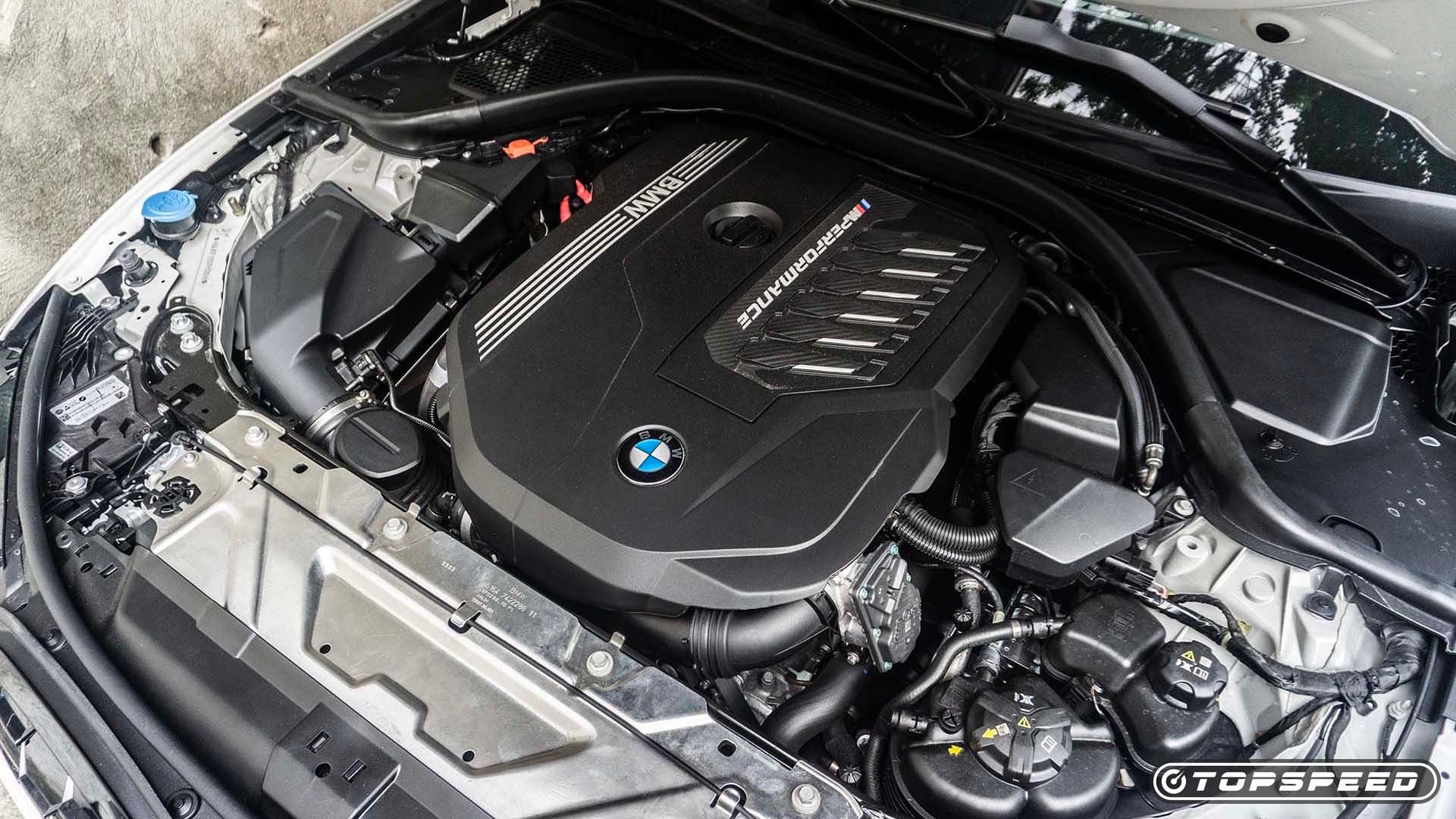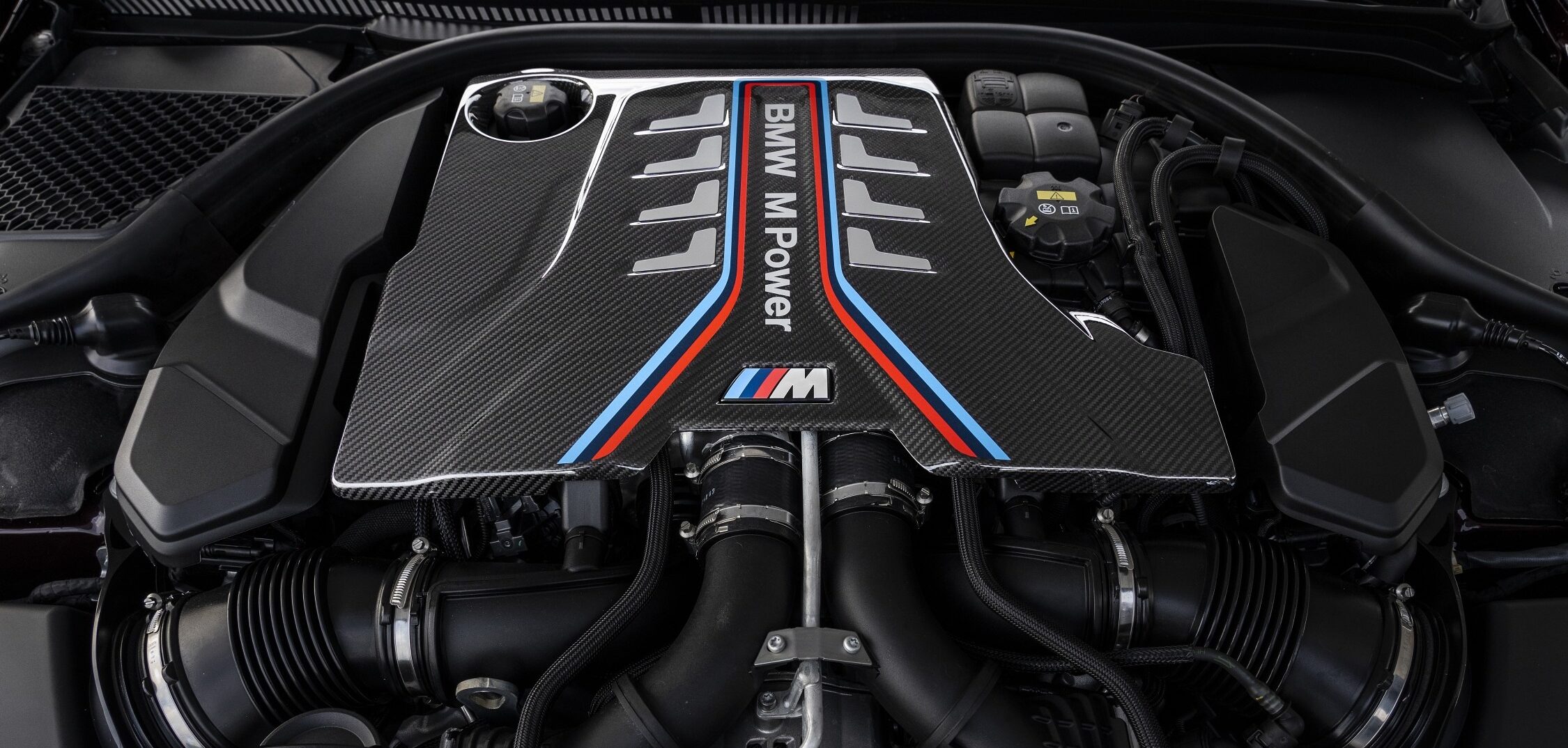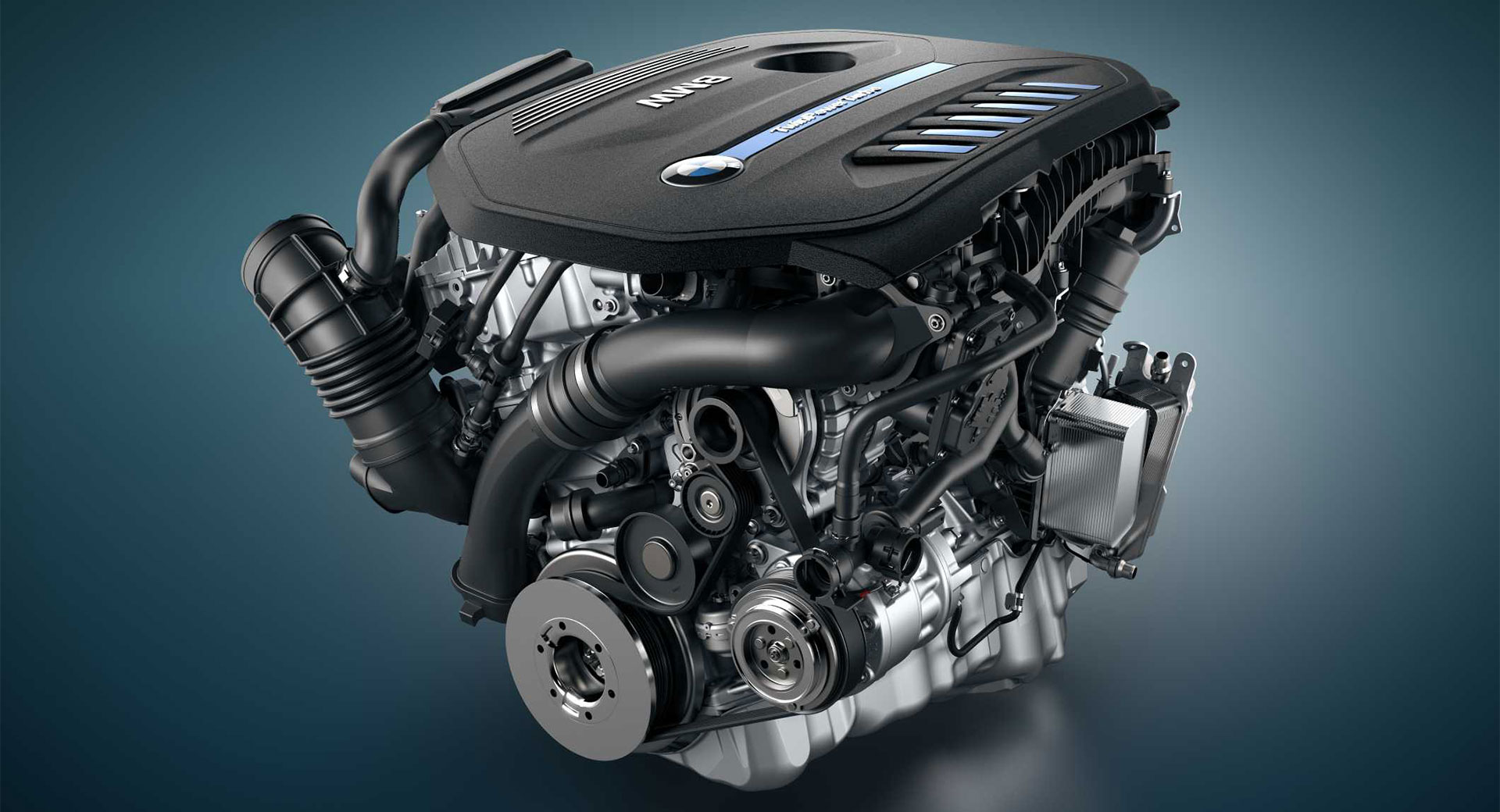A New user's Overview to Selecting the Right BMW Engine for Your Requirements
A New user's Overview to Selecting the Right BMW Engine for Your Requirements
Blog Article
Introducing the Intricacies of Next-Generation Power Units: a Deep Dive Into Advanced Engine Styles and Technologies
In the world of auto design, the ruthless pursuit of efficiency, efficiency, and sustainability has actually pushed the development of power systems to extraordinary elevations. As we stand on the precipice of a new era in transportation, the complexities of next-generation engine styles bid us to explore the sophisticated innovations and innovations that promise to redefine the driving experience. From innovative materials that press the limits of longevity and weight reduction to advanced turbocharging and supercharging systems that raise power outcome to new levels, each part of these power systems holds an essential to unlocking the future of automobile engineering. Digging much deeper into the worlds of emission control, intelligent engine monitoring systems, and the perspective of power device advancement, we locate ourselves on the cusp of a transformation that promises to improve the landscape of mobility as we understand it.
Development of Engine Products

The change towards advanced engine materials has actually also made it possible for designers to create engines with higher power results while maintaining gas efficiency standards. The use of lightweight materials minimizes the general weight of the engine, leading to enhanced fuel economy and reduced exhausts. Furthermore, improvements in materials innovation have actually enabled far better thermal monitoring within engines, resulting in raised integrity and longevity.
Turbocharging and Supercharging Technologies
Just How do Turbocharging and Supercharging Technologies revolutionize engine efficiency and efficiency in modern vehicles? Supercharging and turbocharging are technologies that considerably boost engine performance by raising the amount of air consumption into the combustion chamber. Turbocharging accomplishes this by utilizing a wind turbine driven by exhaust gases to pressurize the intake air, while supercharging uses a belt- or chain-driven compressor to achieve the very same result.
These technologies allow smaller sized, a lot more fuel-efficient engines to generate power equal to larger ones, understood as downsizing. By compeling more air right into the cylinders, turbocharging and turbo charging enhance combustion performance, leading to increased horsepower and torque result without a significant boost in engine size. This results in much better acceleration, hauling capacity, and total driving efficiency.
In addition, supercharging and turbocharging add to boosted gas efficiency by permitting the usage of smaller engines that take in much less gas under normal driving problems - bmw engine. This combination of enhanced performance and performance has actually made turbocharging and supercharging essential parts of many contemporary engine styles
Exhaust Control and Environmental Impact
With raising global worries pertaining to air quality and environmental sustainability, the implementation of discharge control technologies in cars plays a critical role in decreasing dangerous toxins launched into the ambience. Modern vehicles are equipped with advanced emission control systems that aid decrease the ecological impact of automobile operations. Catalytic converters, as an example, are created to transform toxic gases such as carbon monoxide, nitrogen oxides, and hydrocarbons right into much less unsafe substances like co2 and water vapor.
Additionally, advancements in engine modern technology, such as the integration of exhaust gas recirculation systems and careful catalytic decrease, have significantly added to decreasing emissions. These technologies operate in tandem to optimize burning efficiency and decrease the launch of dangerous toxins right into the air. Furthermore, the advancement of crossbreed and electrical lorries represents an important step in the direction of minimizing the general environmental impact of the transportation industry.
Intelligent Engine Management Solution

Furthermore, these systems enable automobiles to satisfy strict exhausts criteria without compromising efficiency, providing an extra eco-friendly driving experience. The combination of expert system and artificial intelligence abilities in engine monitoring systems proceeds to push the limits of what is feasible, resulting in further enhancements in efficiency, reliability, and general car performance. bmw engine. As automotive innovation developments, intelligent engine monitoring systems will certainly play a crucial duty in shaping the future of transport towards a more sustainable and reliable direction
Future Trends in Power Device Growth
As intelligent engine management systems lead the means for improved control and optimization in modern automobiles, future patterns in power system growth are poised to redefine the landscape of automobile propulsion technologies. These alternative power sources offer enhanced efficiency and performance while lining up with rigorous environmental guidelines.
One more considerable pattern is the combination of sophisticated materials and manufacturing techniques. Light-weight materials such as carbon fiber and aluminum are being used to lower overall lorry weight, improving fuel efficiency and performance. Additionally, advancements in 3D printing and additive production are allowing the production of complex engine elements with higher accuracy he said and sturdiness.
Moreover, expert system and equipment understanding are playing a vital function in maximizing power unit efficiency. These innovations permit for real-time tracking and adaptive control, resulting in much more reputable and reliable power shipment. Overall, future patterns in power unit advancement are tailored towards sustainability, content efficiency, and efficiency, driving the automotive sector towards a new period of propulsion modern technologies.

Verdict
In final thought, the innovations in engine products, turbocharging, discharge control, and intelligent management systems have led the way for next-generation power systems. These developments have not just improved performance and effectiveness yet also decreased ecological effect. As innovation continues to develop, future patterns in power device advancement are likely to concentrate on more boosting sustainability and maximizing power outcome. The elaborate designs and advancements in modern engines display the recurring advancement of automobile technology.
Discovering the progressive innovations in engine products has been essential in boosting the performance and efficiency of modern-day engines. Over the years, the advancement of engine products has actually played an important duty in pushing the boundaries of what engines can accomplish.The shift in the direction of advanced engine products has actually also enabled engineers to design engines with higher power outcomes while maintaining fuel performance requirements.The application of smart engine management systems in modern cars has actually transformed the method engines are controlled continue reading this and maximized for performance and performance. By gathering information in real-time and examining it with innovative algorithms, intelligent engine administration systems can adapt to driving styles, ecological aspects, and engine wellness to make the most of power outcome while lessening fuel consumption and discharges.
Report this page